Zoho vs. Salesforce: A Detailed Comparison to Choose the Best CRM
Selecting the correct CRM will enable your company to remain orderly and develop. Two outstanding systems are Zoho CRM and Salesforce. Both provide instruments for marketing, customer service, and sales. Which one would be best for your company? Zoho CRM is affordable and simple to set up. Salesforce provides advanced capabilities with additional flexibility. Some companies need low-cost, basic instruments.
Others require strong, totally controllable tools. This guide will weigh pricing, features, simplicity of use, support, and integration. You'll discover which CRM best supports your company's objectives. Every company has different requirements, so the ideal CRM relies on your desired outcome. This analogy will enable you to select the appropriate CRM for your company's expansion and team size.

Zoho vs. Salesforce: Which CRM Fits Your Business?
To find which platform provides your company's best features, cost, and adaptability, compare Zoho and Salesforce CRM.
Pricing Comparison
Zoho CRM has reasonably priced options. It offers a free plan good for up to three users. Paid plans start at roughly $14 for every customer, paid monthly. Even the upscale options are reasonably priced. Salesforce starts, nevertheless, at $25 per user per month. Its more sophisticated designs can run $300 each. Small companies or startups would find Zoho excellent. For big enterprises with complicated needs, Salesforce is more suited. Choose depending on your team size and financial capacity.
Features and Tools
Lead management and sales automation solutions provided by Zoho CRM are first-rate. It boasts strong analytics and artificial intelligence capabilities, including Zia. Zia follows negotiations, calls, and emails. Additionally, Zoho offers marketing tools and client care. Conversely, Salesforce is quite good at complex automation and workflows. It features clever follow-ups and strong artificial intelligence modeled after Einstein for forecasts. With its strong features, Salesforce performs effectively in several departments. For simplicity, go with Zoho; for great control, choose Salesforce.
User Interface and Ease of Use
Setting up Zoho CRM's straightforward, user-friendly interface is simple. It provides adjustable dashboards and a neat style. Users of the system can start rapidly and quickly move between tabs. One may easily manage it, even for non-technical folks. Salesforce is more complicated and requires some training. However, it provides great versatility and personalizing ability. Learning Salesforce increases your tremendous power over overviews and processes. For beginners, Zoho is better; for more seasoned users, Salesforce fits.
Integration and Apps
Zoho CRM fits Zoho products, such as Zoho Campaigns, Zoho Desk, and Zoho Books. It also ties in with Slack, Microsoft 365, and Google Workspace. Zoho's marketplace of free and paid apps makes extending it simple. However, with its AppExchange system, Salesforce shines. It provides hundreds of outside apps and connections. Outlook, Dropbox, QuickBooks, and other tools all fit Salesforce nicely. Salesforce is the better option if you require several company apps.
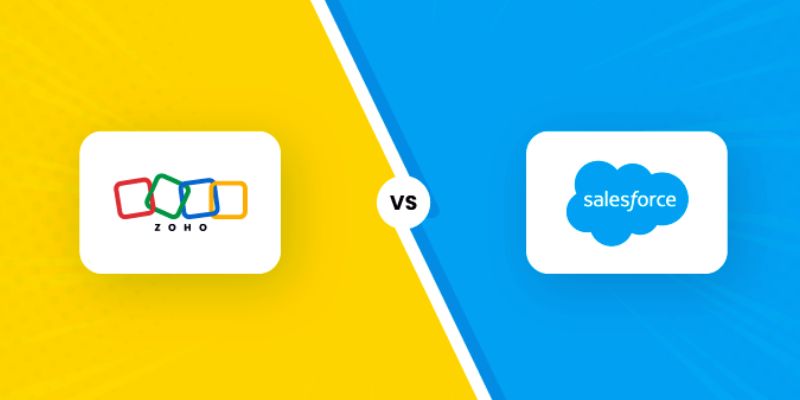
Customer Support
Zoho CRM provides useful assistance over the phone, email, and chat. Though premium plans have quicker service, the free plan has limited appeal. Additionally, providing premium support for onboarding and quick assistance is Zoho. Salesforce supports a phone, chat, or ticket-based approach. Priority help sometimes comes at extra expenses. Support packages are available for purchase if your company requires quick responses. For smaller teams, Zoho shines in fast, courteous assistance. Larger companies can get enterprise-level help from Salesforce.
Customization and Flexibility
Custom fields, layouts, and dashboards for customization abound from Zoho CRM. For smaller teams, it provides optimum simplicity of procedures and norms. Additionally supported by Zoho Creator supports low-code app development. Even for those with less technical knowledge, it is simple to use. With Apex code, Salesforce is more flexible and supports thorough personalization. It lets users create dashboards, apps, and custom modules. Salesforce calls for greater management but gives more authority. For simplicity, choose Zoho; for complete control, choose Salesforce.
Automation and AI
Zoho CRM automates emails, follow-ups, and reminders, among other chores. Zia, Zoho's artificial intelligence assistant, produces trend analysis, notifications, and deal forecasts. Zia guides sales decisions and helps score leads. Perfect for rapid wins, Zoho's automation is simple to set up and use. Einstein lets Salesforce use more potent artificial intelligence. It presents intelligent analysis, projections, and evidence-based suggestions. Einstein can also track consumer actions and offer warnings. Salesforce is your superior choice if you require advanced artificial intelligence.
Mobility and Accessibility
Zoho CRM boasts a robust offline mobile app. You can call clients, update deals, and view contacts on the fly. The app's simplicity facilitates quick updates. Additionally, by providing a mobile app with complete CRM capability, it is Salesforce. While you're gone from your workstation, it offers alerts, dashboards, and bespoke tools. Though Salesforce offers more depth, both systems provide mobile access. For rapid updates, Zoho is perfect; Salesforce fits more complicated mobile demands.
Choosing the Best CRM Based on Your Business Type
Your company's needs and scale will guide your decision. Small to medium companies will find Zoho CRM ideal. It is potent, reasonably priced, and simple to operate. Startups and expanding teams will value its importance. Setting it up is easy and provides excellent customer support, marketing, and sales capabilities. Fast-growing teams or big companies would find Salesforce CRM perfect. For fields including banking, healthcare, and technology, it's ideal.
Salesforce provides sophisticated tools and great customization capabilities. It is the proper tool if your company requires tighter management and tailored procedures. Zoho is fantastic for companies that have to get going fast. It's economical and easy for users. However, Salesforce is designed for companies with more complicated demands. For teams needing advanced capabilities, it offers flexibility and thorough tools. If you desire simplicity and economy, use Zoho. If your company needs greater adaptability and customization, go with Salesforce.
Conclusion:
Though they serve various purposes, Zoho and Salesforce are great CRM systems. Small to medium-sized companies would find Zoho perfect since it is reasonably priced and user-friendly. It provides strong characteristics for teams seeking value and simplicity. Conversely, Salesforce is designed for companies with complicated needs and bigger teams. It offers enormous versatility, sophisticated tools, and deep personalizing ability. Use Zoho if you need a quick, reasonably priced fix. Salesforce is the best choice for additional control and sophisticated capabilities.
On this page
Zoho vs. Salesforce: Which CRM Fits Your Business? Pricing Comparison Features and Tools User Interface and Ease of Use Integration and Apps Customer Support Customization and Flexibility Automation and AI Mobility and Accessibility Choosing the Best CRM Based on Your Business Type Conclusion:Related Articles
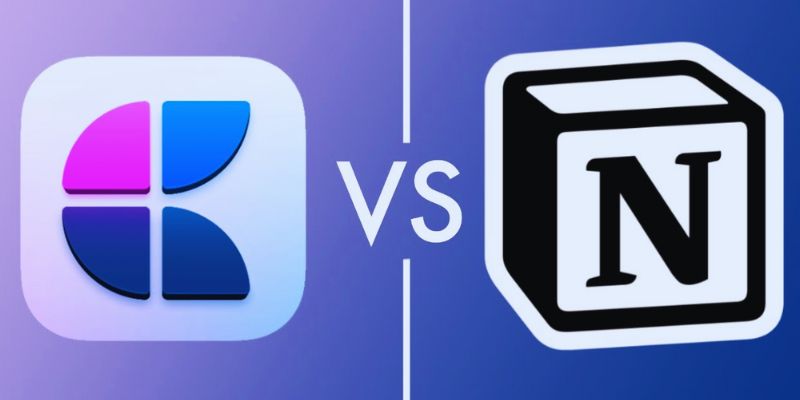
Craft vs. Notion: A Detailed Comparison to Find the Best Option

How to Automatically Respond to Google Business Profile Reviews: A Guide
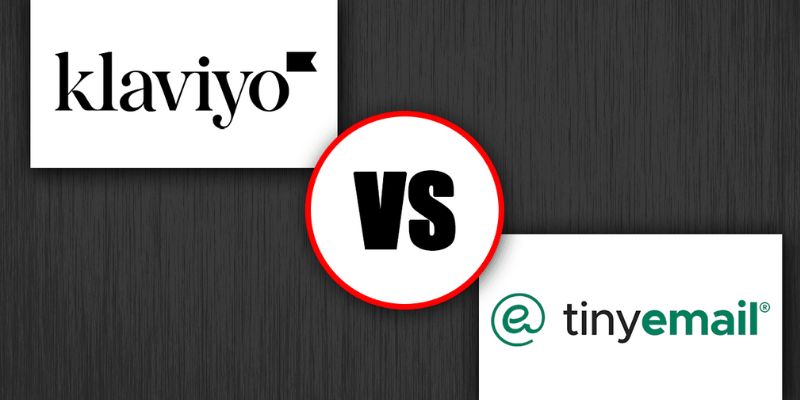
Klaviyo vs. tinyEmail: Which is Best for Your Email Marketing

Streamline Your Workflow with These Powerful Social Media Platforms
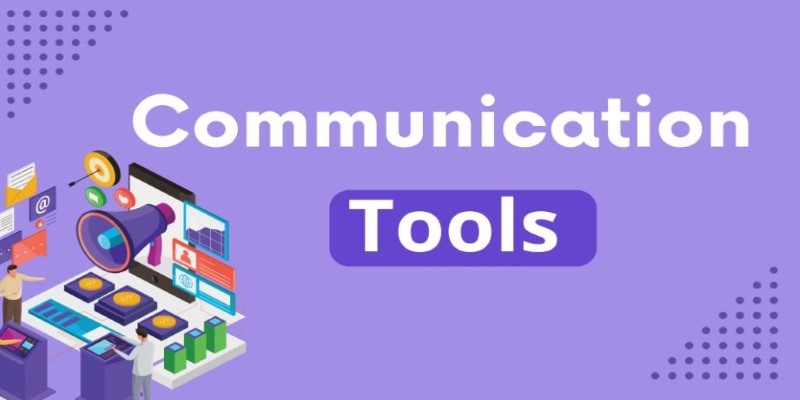
Mastering the Modern Workspace with Communication Tools

Top Online Graphic Design Tools for 2025: Canva, Figma, and More
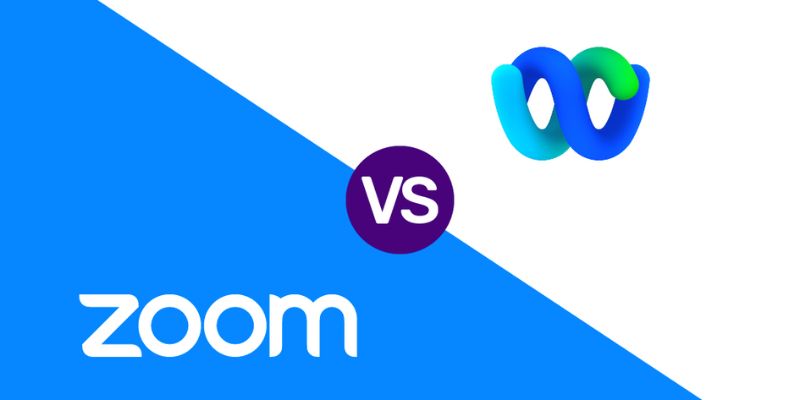
Webex vs. Zoom: The Ultimate Guide to Choosing the Right Platform
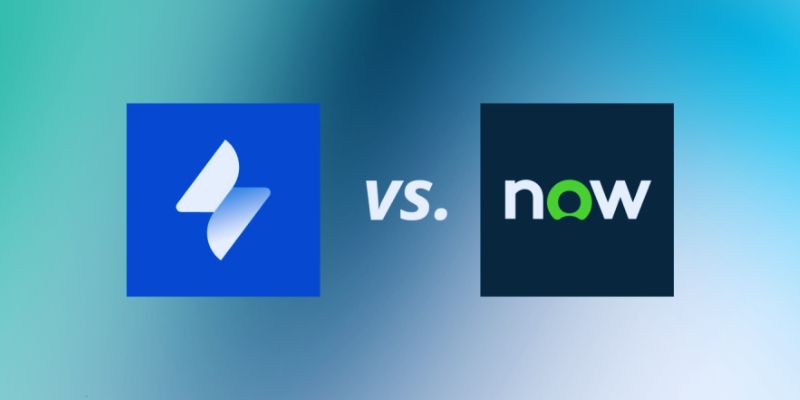
Jira vs. ServiceNow: A Comprehensive Comparison to Help You Decide

Tools That Power Email Campaigns: Mailchimp, HubSpot, and Beyond
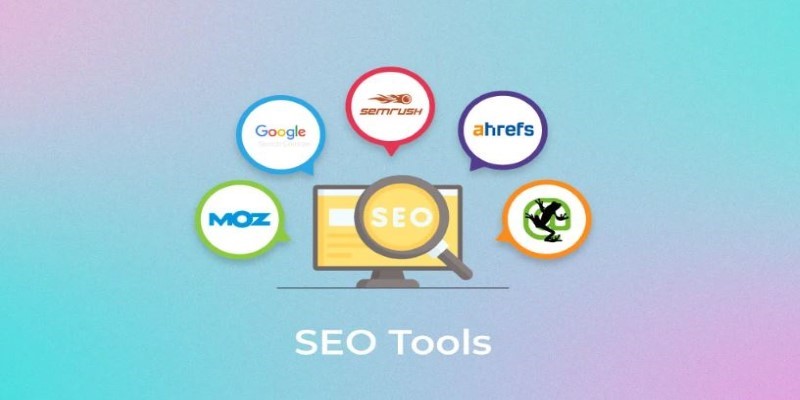
Ahrefs, SEMrush, and More: Essential SEO Tools for Success
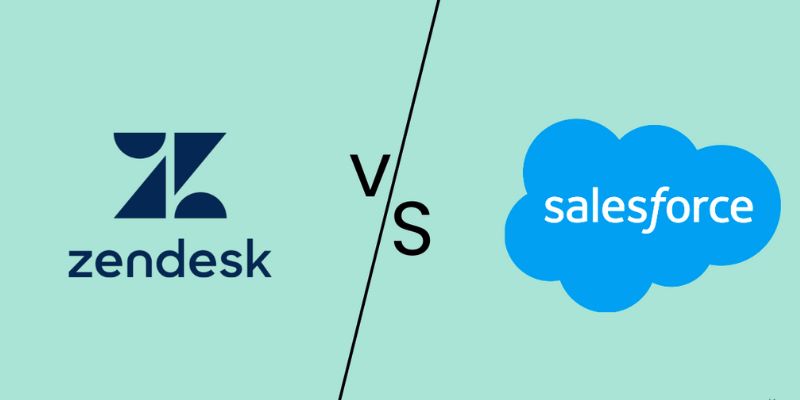
Deciding Between Zendesk and Salesforce: A Comprehensive CRM Guide

 knacksnews
knacksnews